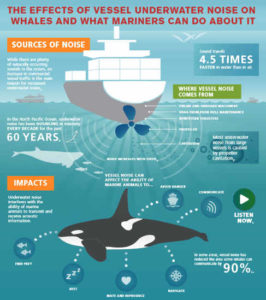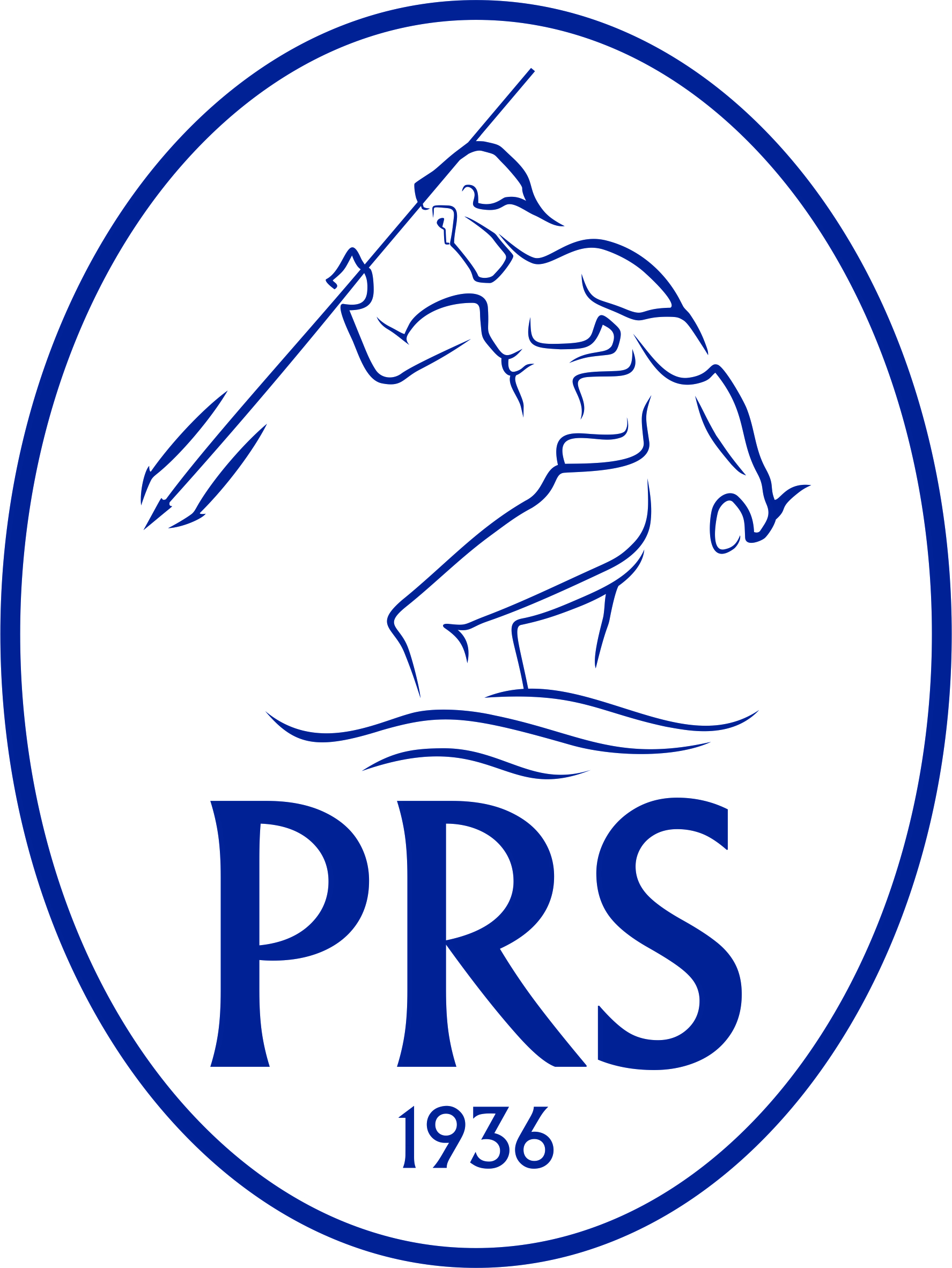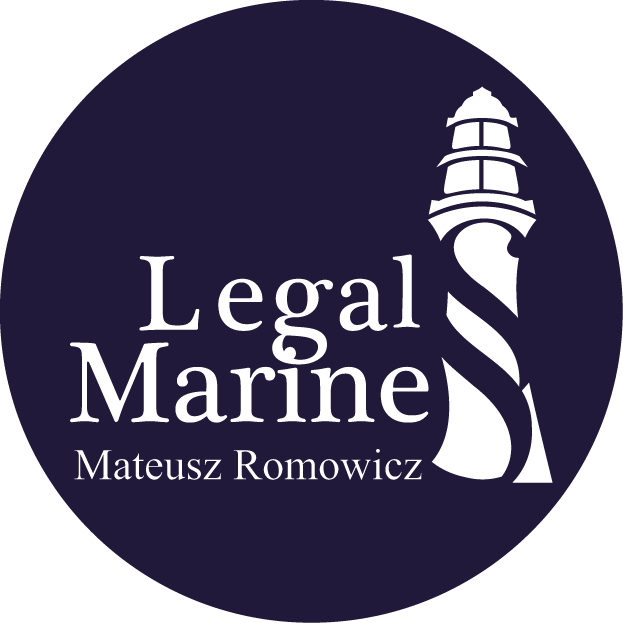| Continuous noise onboard ships can have an adverse impact on human health. IMO adopted, in 2012, a regulation in the International Convention for the Safety of Life at Sea (SOLAS) to require ships to be constructed to reduce on-board noise and to protect personnel from noise, in accordance with the Code on noise levels on board ships. The Code sets out mandatory maximum noise level limits for machinery spaces, control rooms, workshops, accommodation and other spaces on board ships.
The International Labour Organization’s Maritime Labour Convention (MLC 2006) also has requirements with respect to preventing the risk of exposure to hazardous levels of noise on board ships. |
Underwater noise and impact on marine mammals
| Studies have shown that underwater-radiated noise from commercial ships may have both short and long-term negative consequences on marine life, especially marine mammals. The issue of underwater noise and impact on marine mammals was first raised at IMO in 2004. It was noted that continuous anthropogenic noise in the ocean was primarily generated by shipping. Since ships routinely cross international boundaries, management of such noise required a coordinated international response.
In 2008, the IMO Marine Environment Protection Committee (MEPC) agreed to develop non-mandatory technical guidelines to minimize the introduction of incidental noise from commercial shipping operations into the marine environment to reduce potential adverse impacts on marine life. More: http://www.imo.org/en/ |



























